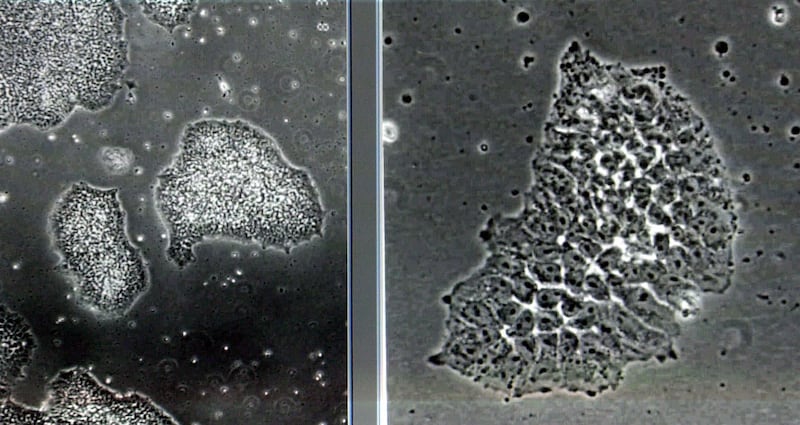Nature published a study on Thursday titled, “Synthetic embryos complete gastrulation to neurulation and organogenesis.” The Associated Press put it this way: “Scientists have created ‘synthetic’ mouse embryos from stem cells without a dad’s sperm or a mom’s egg or womb.”
These lab-created embryos could shed light on human development, but also might be foundational to creating synthetic human embryos for research in the future. According to The Associated Press, these synthetic mouse embryos could also allow scientists to study development and diseases without needing to use as many lab animals.
These mouse embryos were created by using stem cell research. This study was decades in the making, according to the researchers. Magdalena Zernicka-Goetz, a scientist who participated in the study, wrote, “This is really the first model that allows you to study brain development in the context of the whole developing mouse embryo.”
MIT Technology Review said, “Scientists already know how to turn adult cells into stem cells, and — in mice — how to coax those into eggs and sperm. The race is now on to do the same with human cells.”
What’s the ethical dilemma with this research?
As this research progresses, an ethical dilemma has come up: if a human synthetic embryo can be created, are those morally different than a naturally created human embryo? And are those embryos morally different than creating human organs for research?
Inverse reported that solutions are not entirely worked out, but a key difference between synthetically created embryos and synthetically created organs is that embryos can develop into an autonomous being, but organs cannot. Right now, Inverse said, the United Kingdom, United States and Japan treat synthetic embryos differently than naturally created embryos because, for now, synthetic embryos cannot develop into living creatures.
But if the research continues to progress, the ethical and moral issues could become more complicated.



